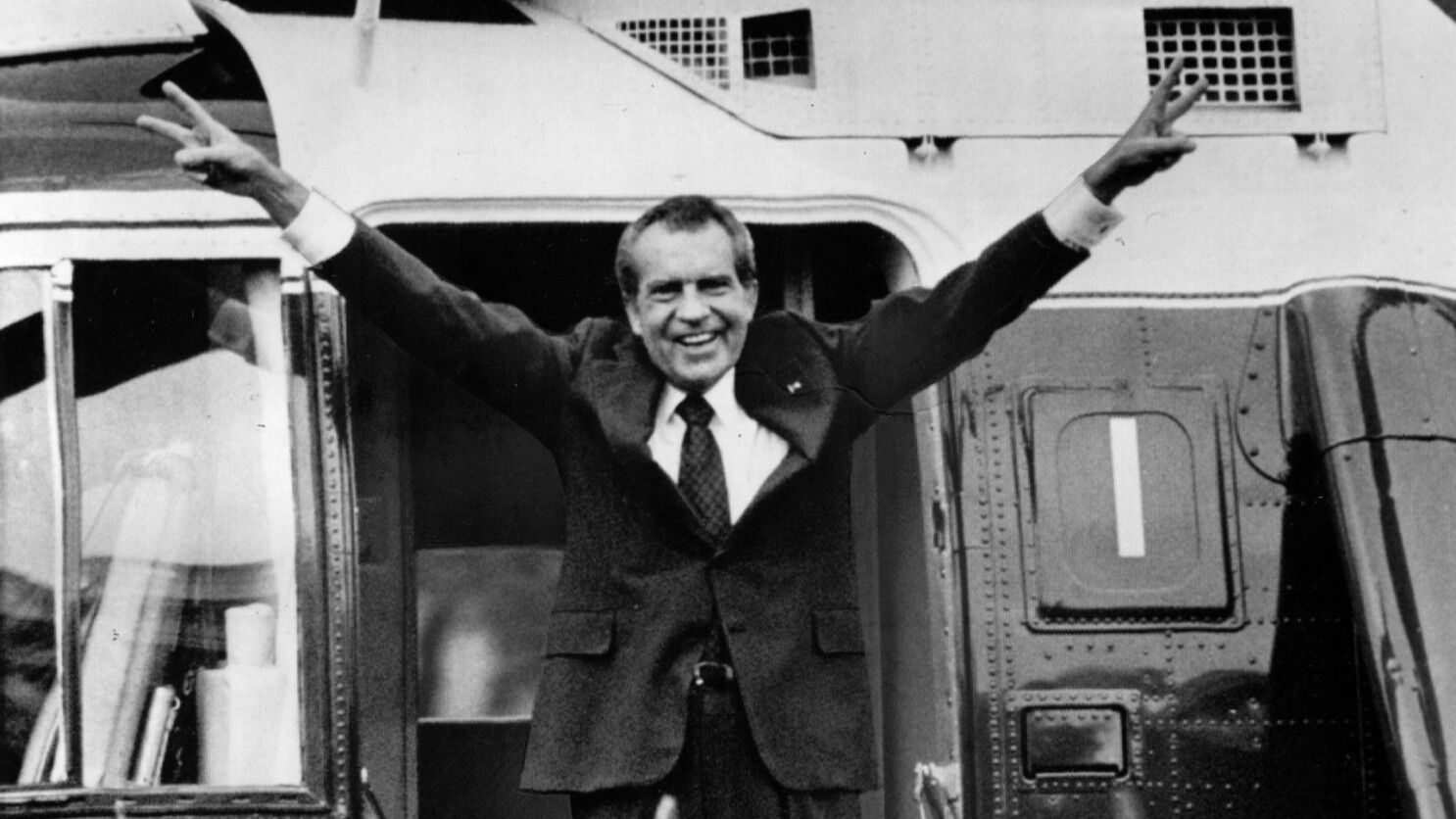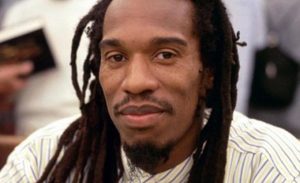“History doesn’t repeat itself, but it does rhyme,” remarked Mark Twain. The 50th anniversary of the “third rate burglary” at the Democratic National Committee’s Watergate building office, which resulted in the only resignation of a US President, coincides with the 2022 broadcast of the U.S. House Select Committee to Investigate the January 6th Attack on the United States Capitol.
The Watergate burglary resulted not only in the resignation of President Richard Nixon and the imprisonment of many top Administration officials, including former Attorney General John Mitchell, as well as in the awarding of the Pulitzer Prize to young Washington Post reporters Bob Woodward and Carl Bernstein. Because Nixon’s Vice President abruptly resigned and was replaced by Gerald Ford, he became President despite never having run for national office.
Also read: Who was Deep Throat in Watergate?
Watergate is the gift that keeps on giving for filmmakers. Let us take a look at some of the best films to watch to understand the Watergate scandal.
“Frost/Nixon”
Writer Peter Morgan excels at telling true-life stories about two powerful people at conflict, and this is an excellent example. Three years after quitting office, Richard Nixon (Frank Langella) agreed to a talk with David Frost (Michael Sheen), a British presenter known for celebrity gossip rather than hard-hitting, in-depth inquiries. Nixon was paid $800,000 and assumed that the interview would exonerate him, according to accounts. The dramatic tension is high as each of the men tries to outwit the other.
“Gaslit”/”The Martha Mitchell Effect”
The superb first season of Slate’s “Slow Burn” podcast reintroduced Martha Mitchell into the plot. She was the vocal wife of former Attorney General John Mitchell, who took over Nixon’s re-election campaign after the Watergate break-in. Nixon reportedly remarked that there would have been no Watergate (meaning the scandal, not the break-in) if it hadn’t been for Martha Mitchell. Because one of the burglars, James McCord, was on her security detail, she realised right once that the break-in was traceable to the White House.
Also read: Who was Walter Rainey, the 84-year-old Alabama church shooting victim?
There was a concerted campaign to label her as an alcoholic or mentally ill. “Slow Burn” inspired the Julia Roberts-led “Gaslit” series, which likewise focused on White House Counsel John Dean (Dan Stevens), who split with Nixon early on and told the Committee the truth. “The Martha Mitchell Effect” is a Netflix documentary with some astonishing historical material that demonstrates how unfair the categorization of her as unstable was.
“Nixon”
Oliver Stone co-wrote and directed a picture starring Sir Anthony Hopkins as the tragic hero who gave so much to his country but was destroyed by corrosive insecurity and suspicion. Hopkins plays Nixon as a Shakespearean figure with a tragic defect.
“Dick”
The more you know about Watergate, the more you’ll like “Dick,” a madcap satire starring Michelle Williams and Kirsten Dunst as high school students who live in Watergate and unwittingly lead to the Watergate break-discovery. in’s They recognise someone from the burglary while on a tour of the White House, so they are employed as “White House dog walkers” to keep them from figuring out what is going on. Williams and Dunst are beautiful, and Dan Hedaya, with his persistent five-o’clock shadow, plays Nixon admirably. The film is full of vibrant colours, keen wit, and great intensity.
Also read: Who is Robert Findlay Smith, alleged suspect in Alabama church shooting?
“Secret Honor”
This “fictional meditation” on Nixon’s biography was directed by Robert Altman, and starred Philip Baker Hall as the tortured ex-President, who delivered a monologue laced with wrath, hatred, blame, and sadness.
“Mark Felt: The Man Who Brought Down the White House”
This is the account of the enigmatic, unidentified man that met Bob Woodward in the gloomy parking garage. For decades, many speculated about his identity before Mark Felt acknowledged that he was the source who led Woodward and Bernstein to some of the most major findings in the Washington Post’s coverage. Liam Neeson plays Felt, a more complex character than the one played by Hal Holbrook.
“Follow the money,” he never once said this line that he is most associated with. In addition to Woodward, he tipped other journalists. The real story is murkier and more complicated than Goldman’s. Was it patriotism and sacrifice? Was it retaliation for losing the top job at the FBI after J. Edgar Hoover died? Who was Felt protecting, the American people or the FBI? We now know his identity, but there is still a sense of ambiguity around his story.
Also read: Matthew McConaughey’s gun control video seeks bipartisan solution | Watch
“All the President’s Men”
This is one of the finest films of all time, brilliant in every way. It is an underdog story, similar to the one that won Best Picture that year, “Rocky,” centering on two teenage reporters who refuse to give up and therefore giving us someone to root for. The production designer faithfully recreated the Washington Post newsroom, even using actual rubbish from the newsroom to fill the wastebaskets on the set. It now appears to be a historical moment; the reporters utilise typewriters and phone books, and in a dramatic moment, Woodward and Bernstein manually sort through thousands of paper request slips at the Library of Congress.
Screenplay writer William Goldman, who won an Oscar for this film, recognised that this is not a story about the arrogance, paranoia, and corruption that brought down a president; rather, it is about the fortitude, integrity, and commitment of those who wanted to piece together what happened and tell the truth about it. Look for Robert Redford’s expression when a source on the other end of the phone says, “I probably shouldn’t tell you this, but…” Watch Academy award – winning Jason Robards, Jr. play Ben Bradlee, who returns to the newsroom in his dinner jacket after attending a glittery Washington event, give the story the thumbs up and rap firmly on the desk, an exclamation point as he goes for home.







